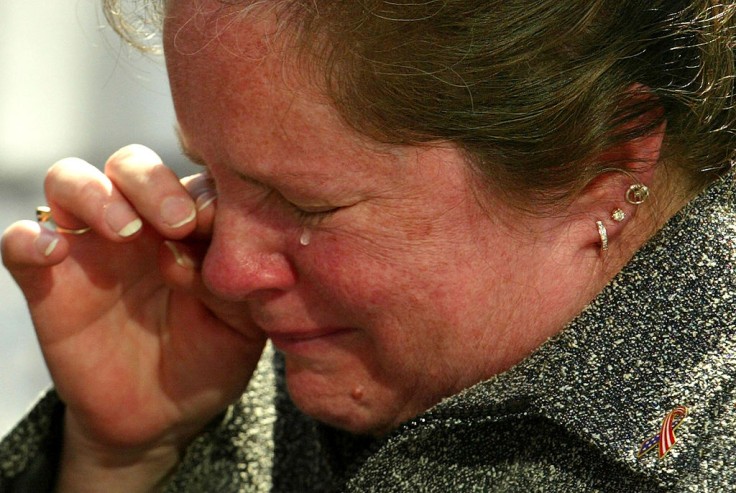
Every parent has experienced parental burnout, yet they could be met with shame or guilt if they openly say that they sometimes feel exhausted from looking after their family and kids. But as with any type of burnout, the toll on their mental health could be so bad that it will eventually impact how they parent.
Some of the signs of parental burnout include being short-tempered towards their children, increased irritability, distancing from the family, forgetfulness about their tasks, schedules, and chores, poor quality of sleep, confusion, and depression, according to WebMD. However, there are many strategies to manage parental burnout or even prevent its recurrence.
1. Acknowledge your limits as a parent.
Parents are not superhumans, and it's important for moms or dads to acknowledge that they cannot do everything all at once or be everywhere for their kids. For families with more than one child, splitting school events with the spouse should be the ideal setup, and it might even be necessary to ask the help of a relative or friend in your support system to take your place if you have other tasks to finish on your plate.
Read Also : Experts Tell Parents to Break Away From 'Hustle Culture' to Improve Family Relationships
Don't stress being obligated to be at every school event, kids' party, or sports activity because you will spread yourself thin. Outsource some of the tasks you need to do if it's too time-consuming. For instance, if you have to contribute to the PTA bake sale, be more enterprising and order the pastries instead of spending four hours in the kitchen.
According to Berkeley, tapping help from the tribe is an old parenting practice. That's why people always say that it takes a village to raise a child.
2. Talk to someone about your parental burnout.
Tell your spouse, your mother or sister, or a good friend that you're feeling exhausted, and don't be afraid to admit that you're overwhelmed. It might even help to get a professional or join a group therapy to process what you're going through.
While this may be temporary, opening up to someone is a healthy exercise instead of keeping everything bottled up. Per the American Psychological Association, talking provides the parents the coping mechanisms and eradicates the stigma of shame and guilt, especially if the burnout is already affecting their actions and decisions.
3. Go ahead, take time off.
It is critical for a parent experiencing burnout to find themselves and recalibrate their mental, emotional, and even spiritual health. A vacation in a different country or state is the ultimate time off, but you don't need to spend too much to be able to enjoy a breather.
Sometimes, engaging in me-times is as simple as enjoying a bike ride, retail therapy, or watching movies non-stop with the kids staying at grandma for the weekend. The most important thing is finding a positive outlet to release all this negative energy and recharge yourself after repeatedly doing the same things for the last few months or years.
Related Article: 3 Clever Ideas for Parents to Enjoy Some Alone Time